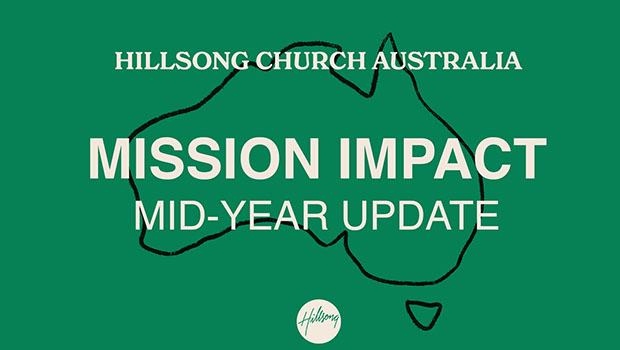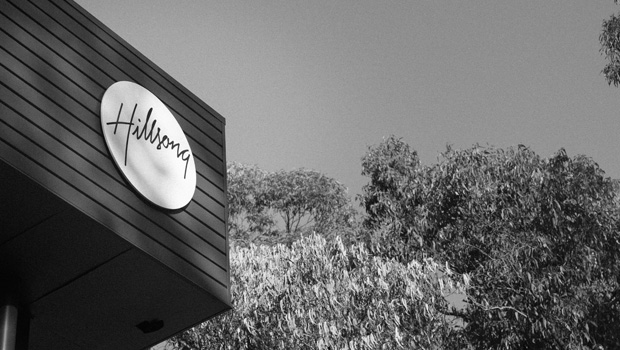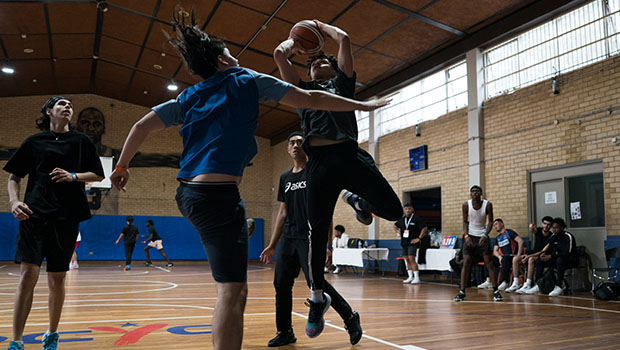Hillsong College received the following request from The Daily Mail:
A number of apparent former Hillsong College students have shared anecdotes on social media about alleged instrusive questioning during the student intake process about:
- their sexual history
- sexual behaviour
- sexual preference
The same social media threads contain claims of:
- Bullying from leaders and peers
- Lack of support from Hillsong
- Pressure to undergo counselling they could not afford
- Being fined if they consumed any alcohol
My questions are:
- Why do students have to disclose sexual behaviour and sexual preference during the intake process? How is it relevant?
- What does Hillsong see as the link between sexual preference and high moral standards?
- In situations where a young person has had sex – as happens, obviously – does Hillsong regret where leaders and peers shame individuals and/or do not provide positive support?
- What standards would Hillsong like to champion in relation to the support of vulnerable young people who are discovering sex and sexual identity while they are Hillsong College students?
- The implication of many posts was also that anyone who had viewed pornography – of any kind – was not suitable to work with children. Can you explain this please?
- In relation to general claims of bullying, pressure and shaming of students over a range of issues, how does Hillsong respond?
- It would also be great if Hillsong would please at least supply us with the same responses given to News Corp in the article I have hyperlinked to. The published responses were:
A Hillsong College spokesman said premarital sex, pornography and adultery were considered “sexual sins” and the questions were related to their Student Code of Conduct, which was derived from the Australian Christian Churches Ministerial Code of Conduct.
“Our rationale for asking this question is that applicants are seeking to gain entrance into a course that trains them for Christian leadership and ministry,” the spokesman said.
“Such vocations have high moral and professional standards. These questions are part of our efforts to gauge their suitability and preparedness to undertake such a program of training.”
The spokesman said answering yes to a question initiated a confidential conversation between the applicant and “our qualified admissions staff in an effort to better understand the applicant and make the appropriate admissions decision in light of the above factors”.
“Further, applicants are seeking to become members of our student community. We take our duty of care to our students very seriously. Consequently, we seek to gauge whether an applicant is likely to be a safe member of our student body,” they said.
Response from Hillsong College:
Hillsong College is happy to respond to these questions, however please be aware perspective is important, and since Hillsong College commenced, almost 20,000 people have successfully graduated and now serve successfully in ministry positions across the world. The vast majority of past students report wonderful experiences, however like any college, there are some students whose experience did not meet their expectations, for a variety of reasons. When notified of any issues, Hillsong College takes these seriously and reaches out to the students to offer assistance and support. However the comments on social media that you refer to are all anonymous, making it impossible to understand context or validate accuracy.
In reference to your questions, some of these claims are simply not true and others require explanation and context. Hillsong Church places the greatest priority on the protection of children and has strict measures in place. We don’t apologise for this or for taking our duty of care seriously.
Actual questions asked of students:
The questions asked during the interview are:
- Are there any current moral failings in your life that could affect you serving the children and young people of this church?
- Have you ever been convicted of any crime?
- Have you engaged in, or been accused of any act of molestation, exploitation or abuse?
- Have you viewed pornography within the last 12 months?
- God has called us to follow His plan, reserving a sexual relationship for those legally married. Are you living according to God’s plan in this area of your life?
- In some states persons are restricted from applying for a working with children clearance if they have been convicted of disqualifying offences, convicted of serious offences, are barred, suspended or hold a negative notice. Are you restricted from working with children due to any of these reasons?
Application and interview questions:
We have never authorised questions about masturbation and have no knowledge of this. Any questions or practices outside these parameters are not endorsed by us, and we’d ask for students’ help in identifying when this takes place so we can investigate and respond. We should also note that students can opt-out of the interview. Our heart is definitely not to produce shame or fear and we encourage any last student with concerns to contact us.
The interview questions along with the other working with children and young people screening steps undertaken are aligned with royal commission recommendations, child safety standards adopted by each state and territory and our own code of conduct for those in ministry leadership roles.
The only questions students are asked related to these matters in their College application is as follows: A basis of your enrolment at Hillsong College is the Student Code of Conduct (derived from the Australian Christian Churches Ministerial Code of Conduct), available on our website and later in this form. In particular, it requires students to: Abstain from biblically immoral practices including; drunkenness, stealing, slanderous or profane language, dishonesty, occult practices and sexual sins (premarital sex, pornography, adultery) or any other behaviour that is considered detrimental to Christian character and witness. We ask, “Has your conduct in any way breached the above in the last 12 months?”
Our rationale for asking this question is that applicants are seeking to gain entrance into a course that trains them for Christian leadership and ministry. Such vocations have high moral and professional standards. These questions are part of our efforts to gauge their suitability and preparedness to undertake such a program of training. However, in nearly all cases, answering Yes to these questions does not lead to automatic denial of a person’s application. Rather, it will initiate a confidential conversation between the applicant and our qualified admissions staff in an effort to better understand the applicant and make the appropriate admissions decision in light of the above factors. Further, applicants are seeking to become members of our student community. We take our duty of care to our students very seriously. Consequently, we seek to gauge whether an applicant is likely to be a safe member of our student body.
Subsequently on arrival, an interview process is conducted as is usual in colleges. The interview referred to is a process (our Working with Children Check process) conducted by the Safe Church department of Hillsong Church, not by the College. The interviews are conducted as part of Hillsong Church’s legal obligations to ensure child safety and its zero-tolerance stance towards those who present a danger to children.
These interviews are considered essential for incoming students because:
– Most of them are unknown to either Hillsong Church and the College.
– Most of them are international students whose personal and criminal records are inaccessible to us.
– Most students, to fulfill the work-based training aspects of their course, will be involved in ministry at Hillsong Church, and many of those will be in ministries that bring them into close contact with children and young people.
The questions are developed by Safe Church as appropriate indicators in gauging a person’s potential level of risk to children and young people. The questions are asked by Hillsong Church pastors, not by College staff. The answers remain confidential.
The outcome of the “Working with children check” interviews are passed confidentially onto College’s Head of Student Development, whereupon several things happen:
– The names of students who are not yet approved to work with children are passed on to our Practicum team, to feed into their allocation of students to their practicum roles (which form the work-based training aspect of their course). They will work with a student to re-locate them if this is necessary.
– The student is invited to participate in a process of development with a qualified psychologist in our student development team. The purpose of this is to help the student develop appropriate levels of growth and self-mastery in these areas to both enable them to be approved to work with young people and to attain to the moral and lifestyle standards appropriate for those in Christian leadership and ministry.
Thumbs up / red light:
All people (staff, volunteers and students) who are part of the large team (about 4,000 people in all) involved in running Conferences receive a security pass. This pass gains them entry to the various conference venues depending on their level of security access. Some aspects of our conferences run programs for children and young people, which are run in tightly controlled secure areas to ensure child safety. People who are approved to work with young people have a ‘thumbs up’ printed on their pass. This enables those leaders and security personnel running these restricted areas to easily make decision to grant or refuse entry. There is no ‘thumbs down’ used at all.
There are numbers of reasons why someone may not be approved to work with children and young people, including, in many cases, their choosing not to go through the WWC process because their role does not involve them in working with children and young people. Thus, the absence of a ‘thumbs up’ on their conference pass does not indicate the individual has ‘failed’ a WWC check process.
The ‘red light’ refers to a graphic ‘traffic light’ that indicates whether someone is approved or not yet approved to work with children and young people. It is not publicly or widely viewable, but is only accessible by those who have the necessary clearance. A student moves from their ‘red light’ status by undergoing the above process with our student development team to the point that they meet the criteria set by our Safe Church area for working with children and young people.



